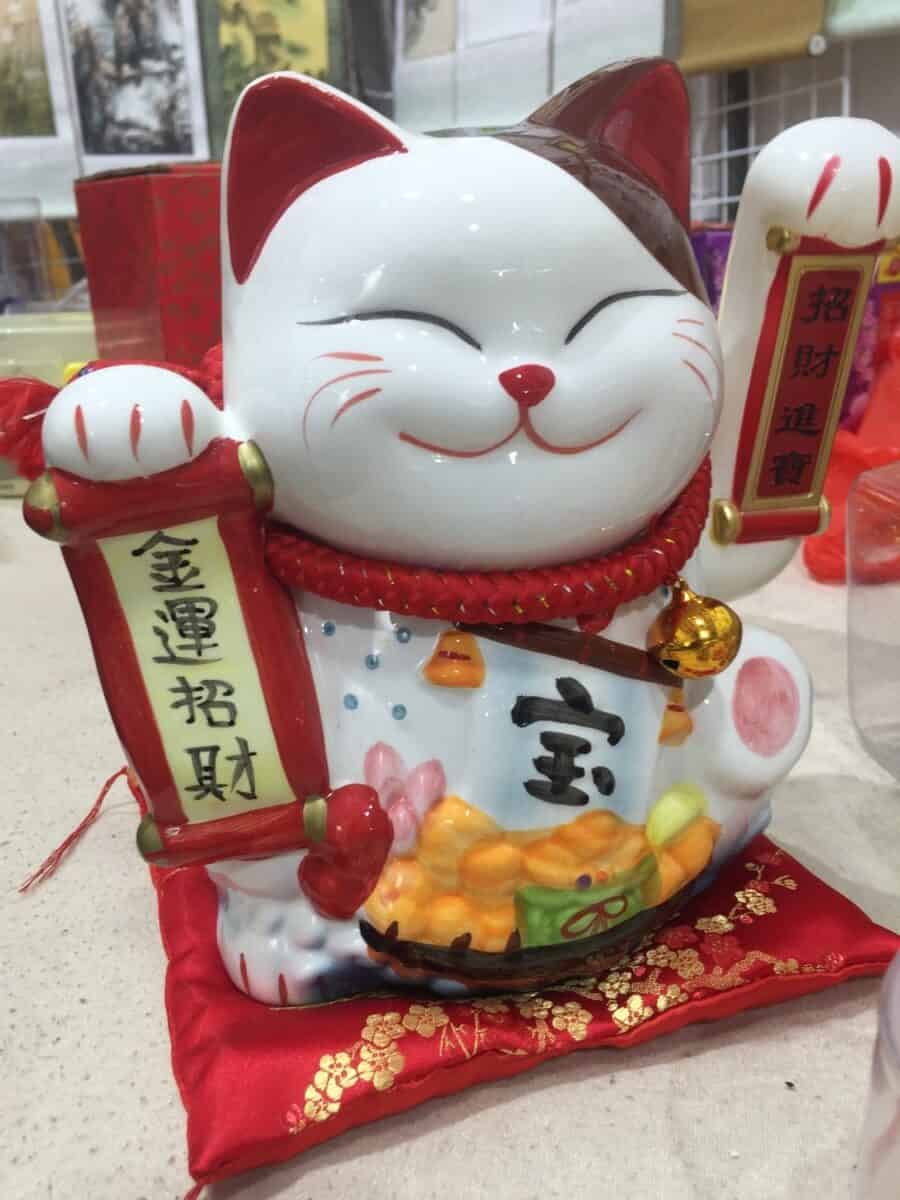There are several ways to apologize in Japanese because the act of apologizing is regarded as a virtue in Japan. The most common and versatile ways to say sorry are sumimasen (すみません) and gomen nasai (ごめんなさい ).
The following sections will cover the different phrases used to convey your apologies in Japan, and when to appropriately use each expression.
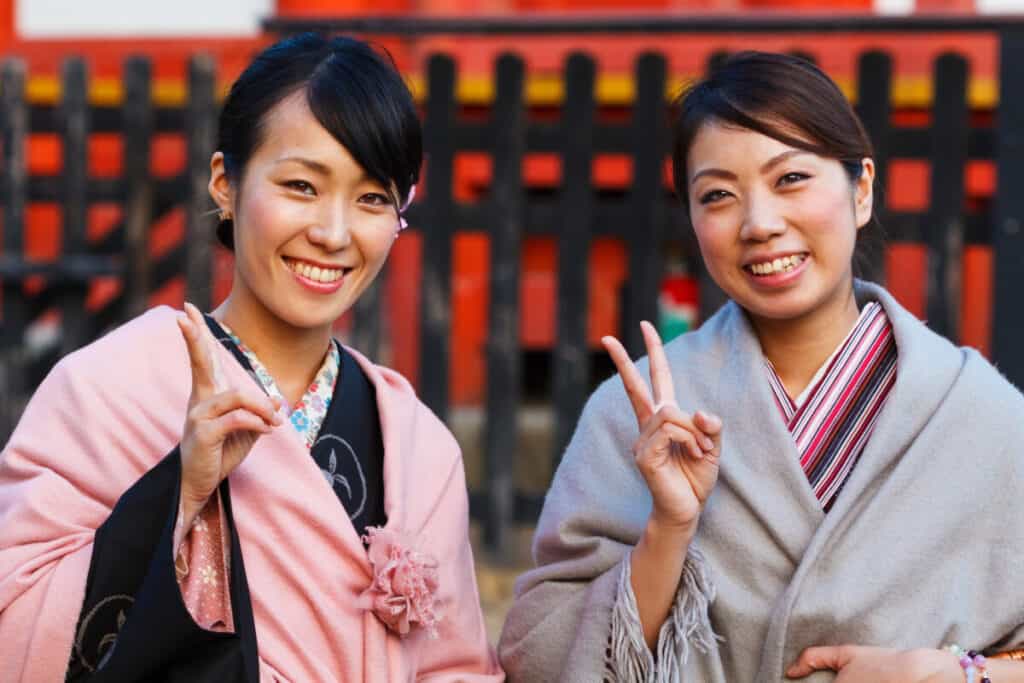
Why is it important to apologize in Japan?
During your travels to Japan, learning the art of the apology is a crucial part of understanding Japanese culture. According to a Japanese language expert, an apology is often used to demonstrate virtues such as respect, politeness, and honesty.
Learning these phrases and mastering their use will show your respect towards the Japanese people and a knowledge of their etiquette during your visit to Japan.
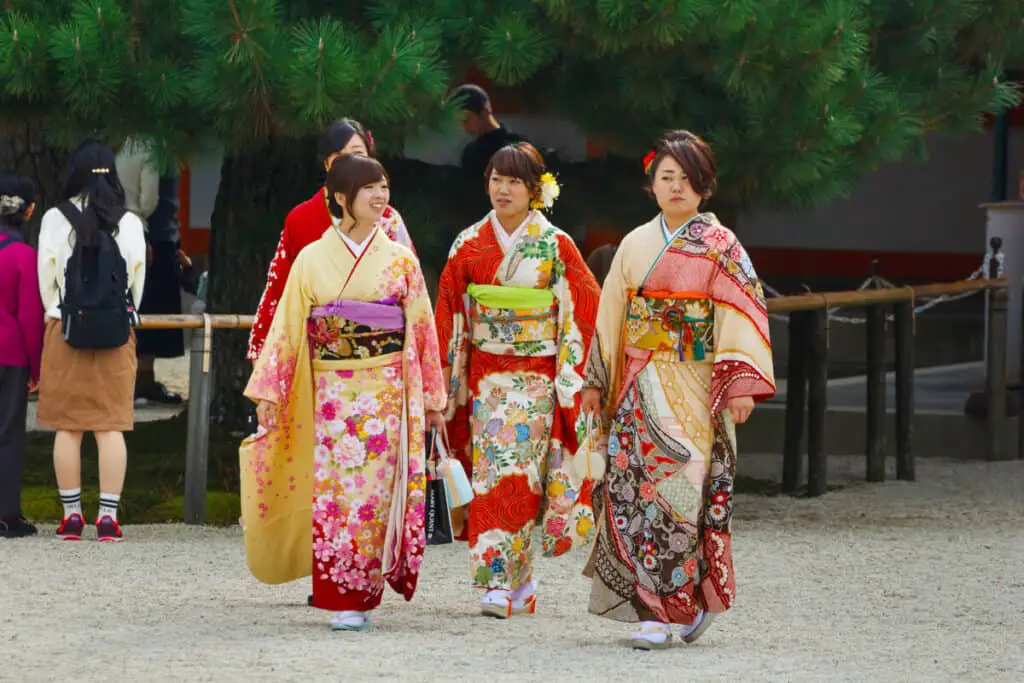
Sumimasen (すみません) – Excuse Me
Sumimasen translates into a polite “excuse me” which echoes all throughout Japan on a daily basis. Due to its versatility, this expression is one of the most common ways to say sorry in Japanese.
It can be used when someone makes way for you on the street or does something kind of like hold the door. Sumimasen could also be used to say sorry for accidentally brushing shoulders with a stranger or when you’re asking for something you need.
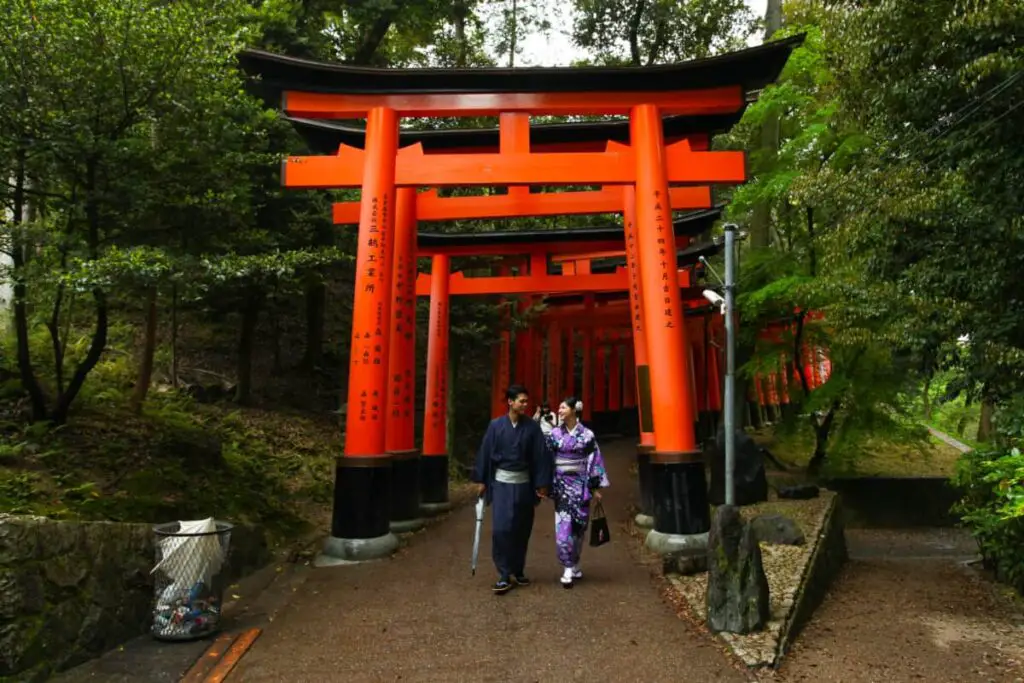
While sumimasen is not as formal as other ways to apologize, you could say ‘sumimasen deshita’ (すみませんでした) which roughly translates into “I’m sorry for what I have done.”
Similarly, you could add the word ‘taihen’ (たいへん) at the front to say ‘taihen sumimasen’ which means, “Please excuse me.” Alternatively, using ‘sumanai’ or ‘suman’ which are the short form of sumimasen produces a more casual apology.
Gomen-nasai (ごめんなさい) – I’m Sorry
Gomen-nasai translates directly into the phrase, “I’m sorry.” This method of apologizing is as common as sumimasen, but less versatile since it can only be used to apologize.
The phrase can be used to say sorry if you’re unsure of a more fitting way to apologize in a situation. Since the phrase sounds childish to some Japanese people, it’s probably best to not use this phrase in extremely formal settings.
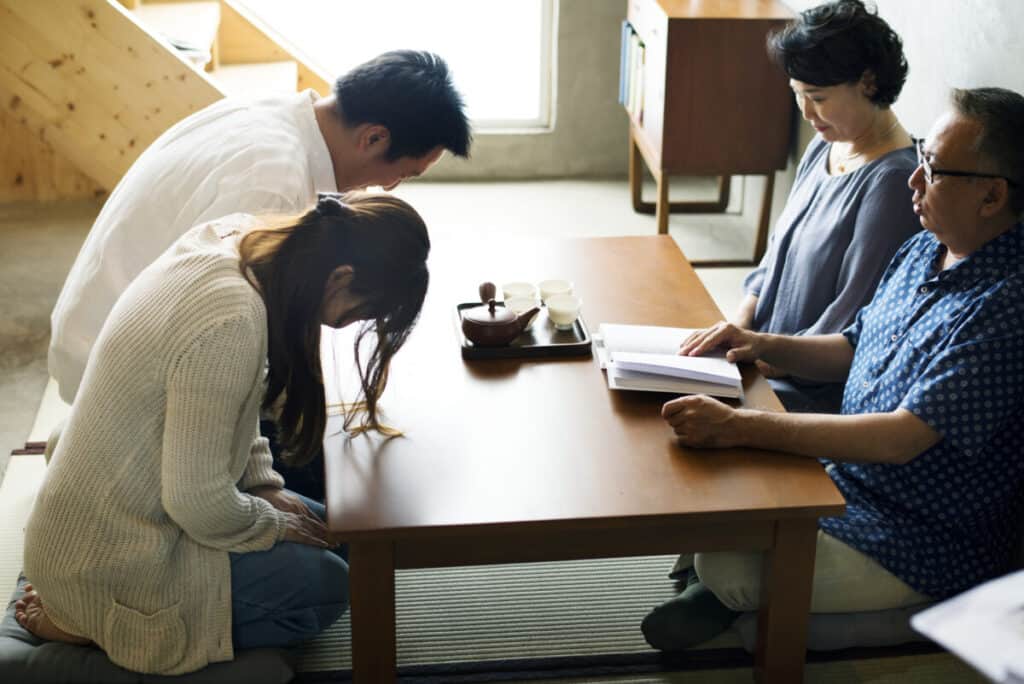
If you want to say sorry casually to close friends or family, you can simply say ‘gomen’ (ごめん), ‘gomen ne’ (ごめんね), or ‘gomen na’ (ごめんな). This is a friendly way to apologize to someone you know well.
Owabi Moushi Agemasu (お詫び申し上げます) – I Apologize
Owabi moushi agemasu is one of the more formal expressions used to apologize in Japan. If you need to apologize in a formal manner or wish to convey a sincere apology, consider using this phrase.
Alternatively, you could say ‘owabi itashimasu’ (お詫びいたします) which also means “I apologize.”
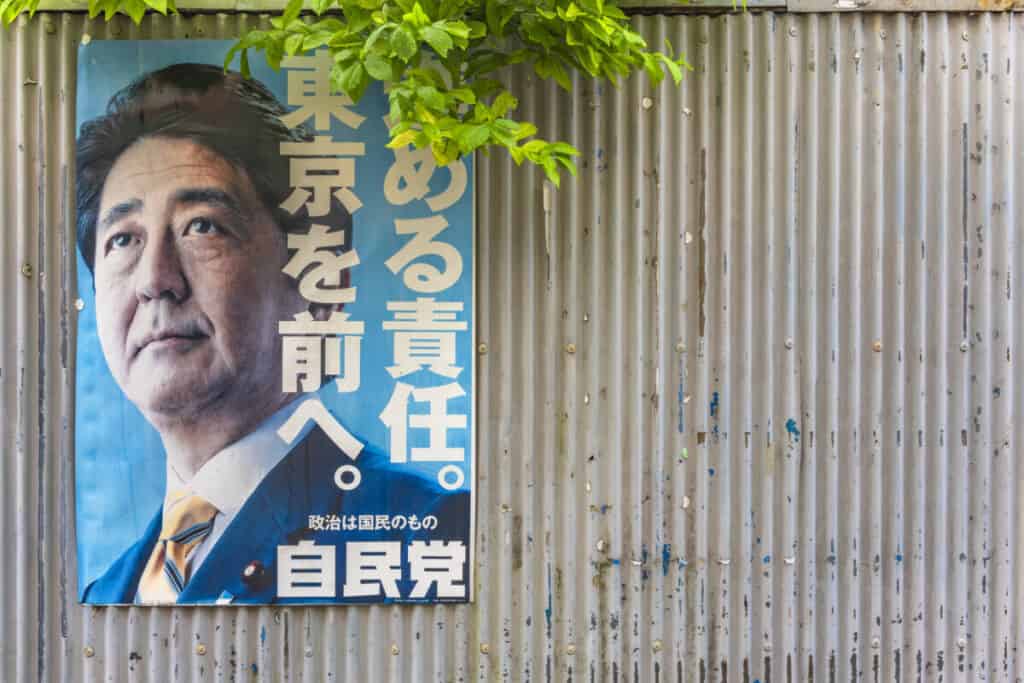
The word owabi (お詫び) can be literally translated into ‘apology.’ It was used in 1995 by Japanese Prime Minister Tomiichi Murayama in his apology for Japan’s actions during World War II, and again by Prime Minister Shinzo Abe in 2015.
Moushi Wake Nai (申し訳ない ) – There Are No Excuses For What I Have Done
This expression is one of the most heartfelt apologies you can give to someone in Japanese. It’s a formal way to apologize for your behavior or mistake by accepting full responsibility for it.
While moushi wake nai is a good apology for a friend, it might be more appropriate to use the more formal version for acquaintances, colleagues, and strangers.
‘Moushi wake gozaimasen’ (申し訳ございません) holds the same meaning but is often reserved for saying a formal sorry to superiors or work clients. This expression is usually accompanied by a bow.

Shitsurei Shimasu (失礼します) – Pardon Me
The phrase shitsurei shimasu is a versatile way to excuse yourself for causing an inconvenience of some kind. The expression literally translates into “I’m being rude” in English.
You could use this phrase in situations where you accidentally step on a stranger’s foot, interrupt a conversation, or forget to thank someone. It’s also commonly used by Japanese people when entering the office of a superior.

Since this expression is in the present tense, you can change it to ‘shitsurei shimashita’ to convey “I apologize, that was rude of me” for a past transgression.
Warui ne (悪いね) – My Mistake
If you wish to say a more lighthearted and casual sorry in Japanese, try using warui ne. Due to its informal nature, this phrase should only be reserved for close friends and family.
In the same way that you wouldn’t use the expression “my mistake” to offer a heartfelt apology in English, warui ne is only appropriate for light offenses like accidentally bumping into your friend.

O Yurushi Kudasai (お許しください) – Please Forgive Me
For those who want to ask for forgiveness after expressing a sincere apology, you could use the phrase o yurushi kudasai. While it can be said on its own as a way to apologize, it’s typically used in conjunction with another phrase that means “I’m sorry.”
If you’re using the expression to seek forgiveness from a friend, you might want to use the more informal ‘yurushite kudasai’ (許してください).








